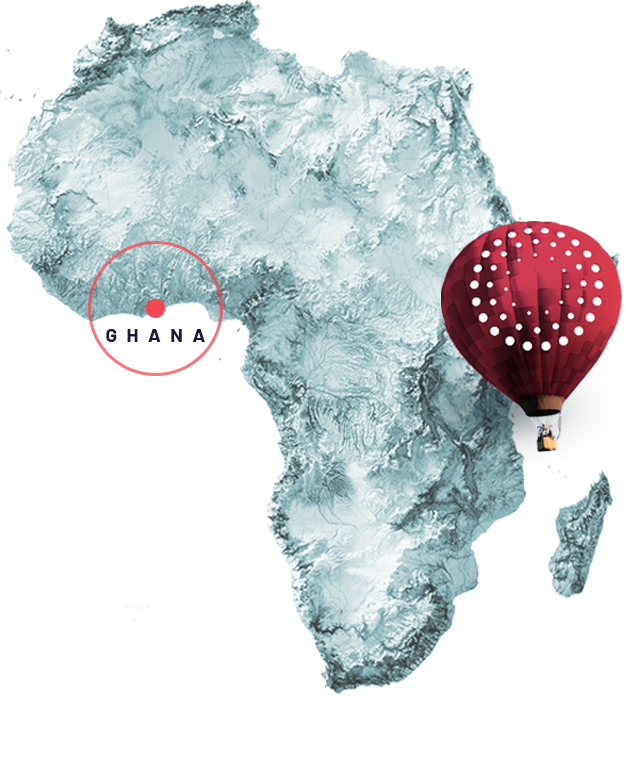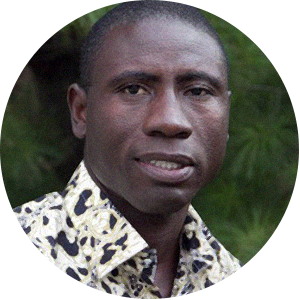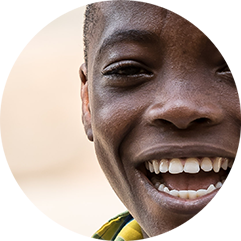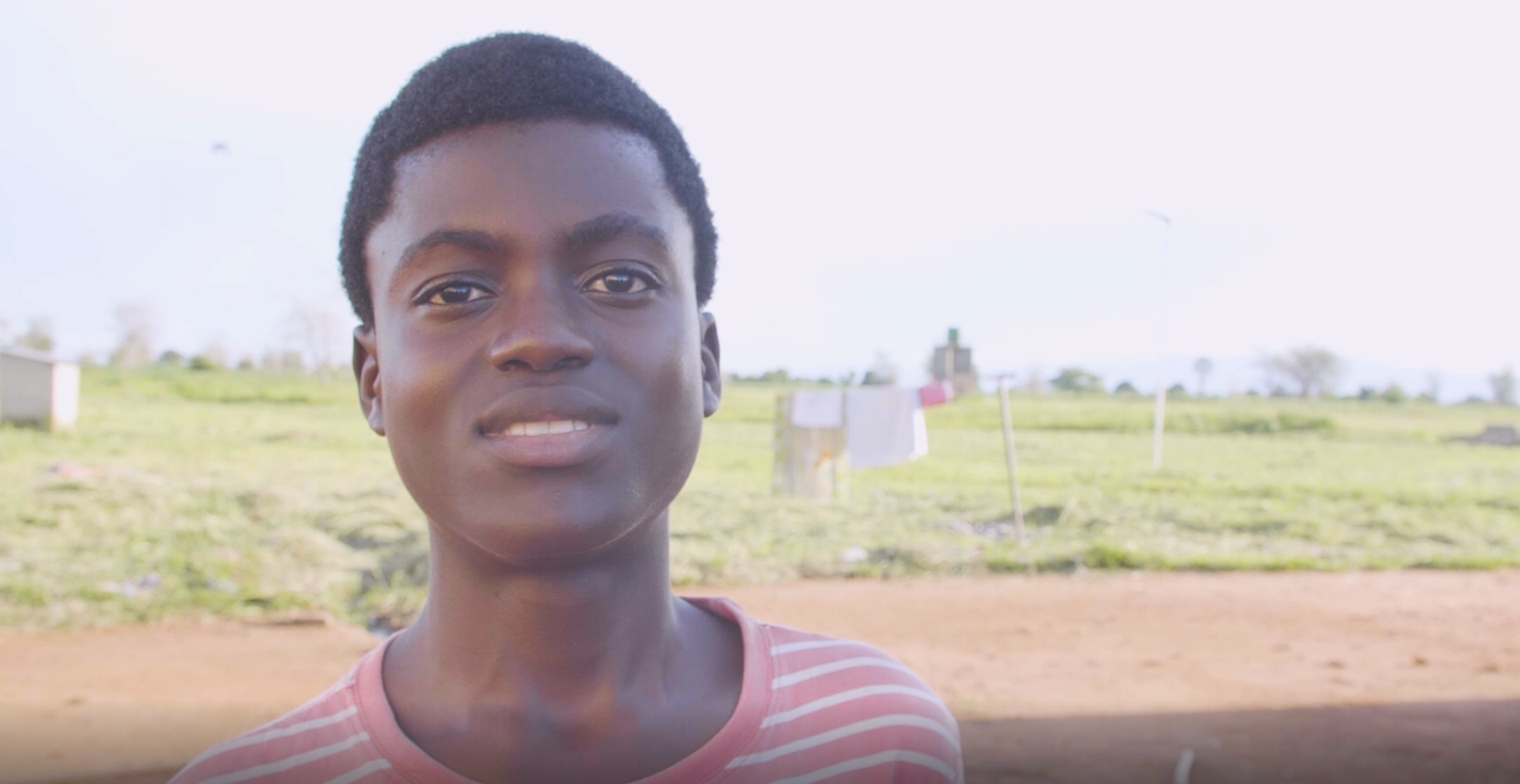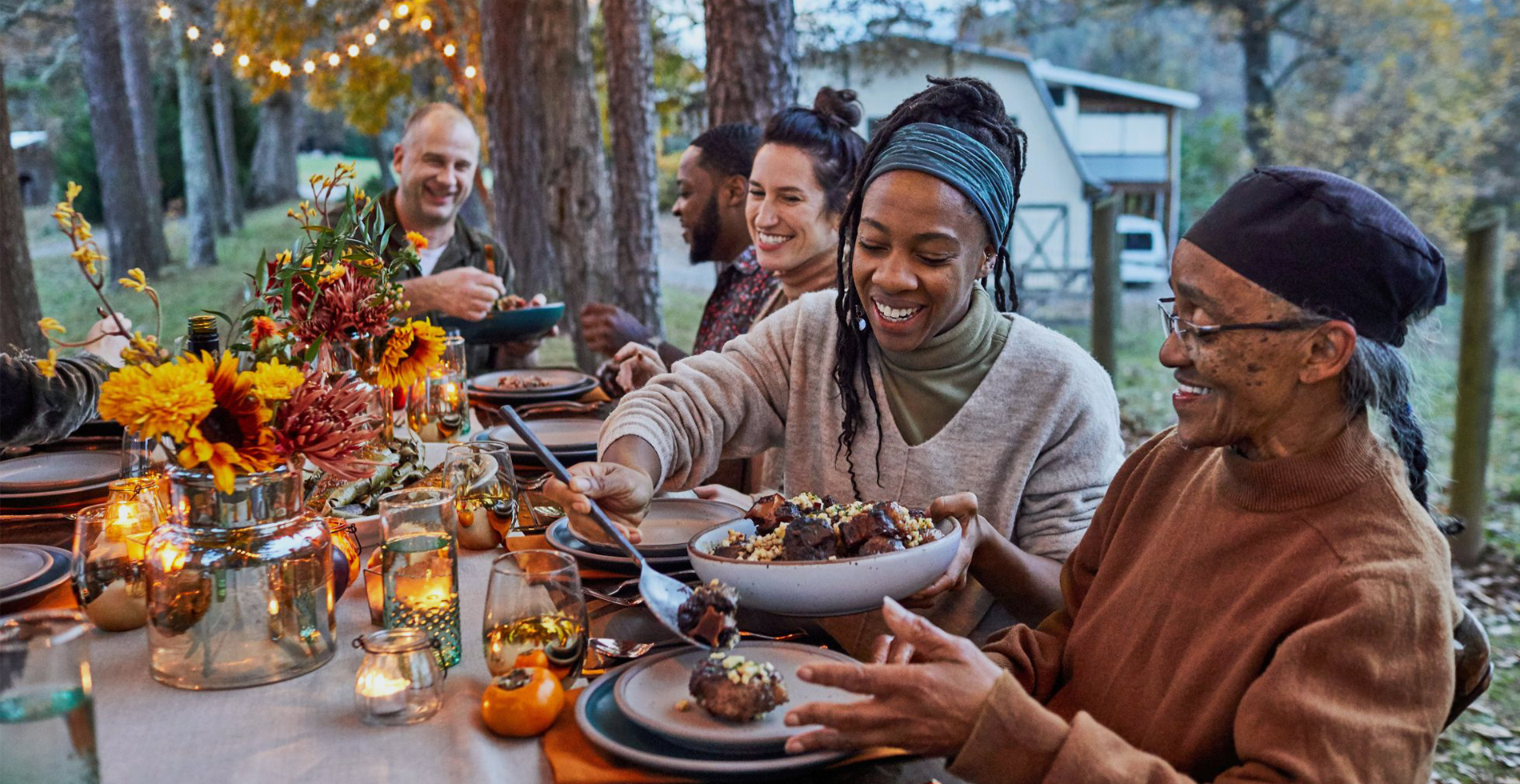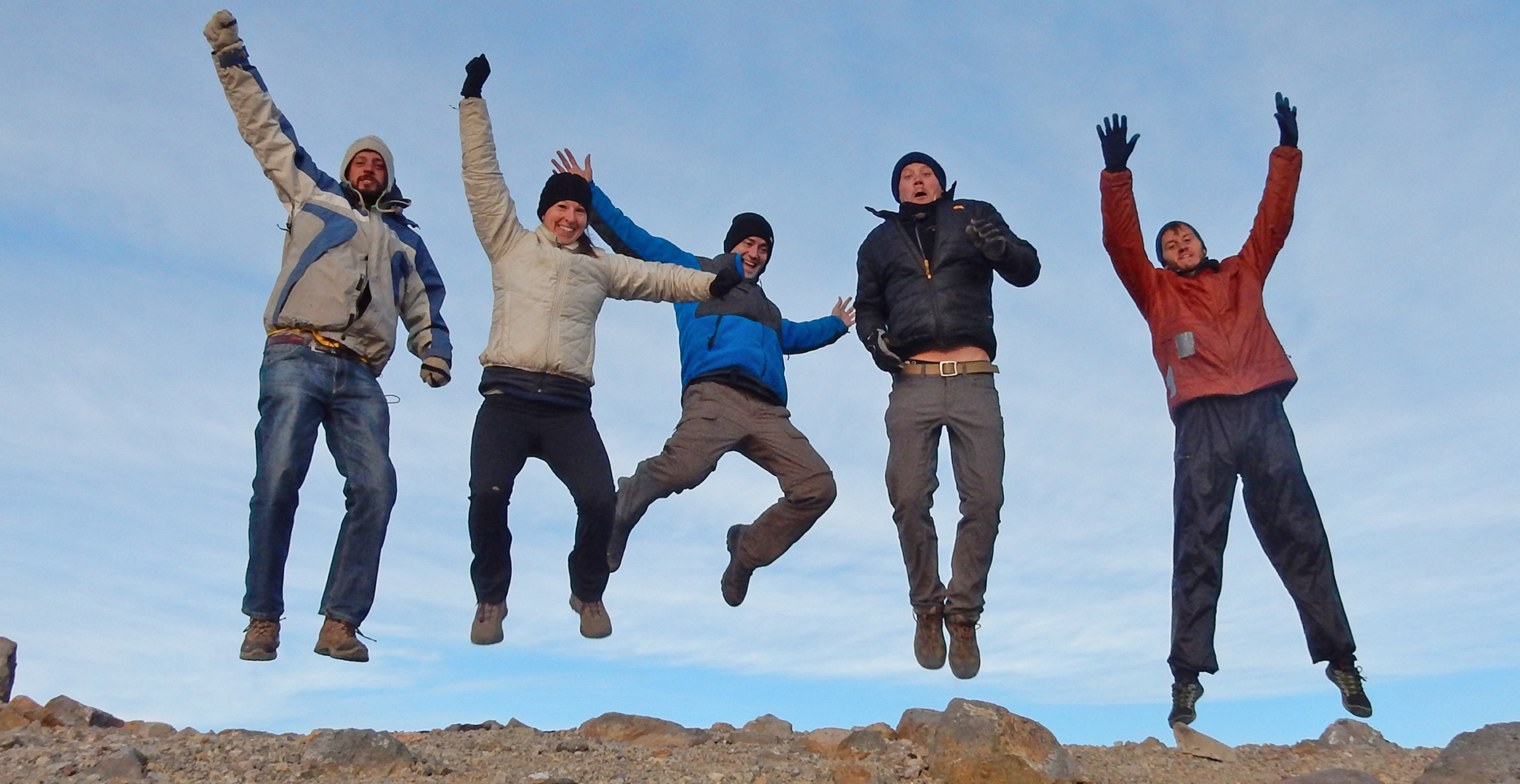Tell me about child slavery on Lake Volta in Ghana:
- Lake Volta is the largest man-made lake in the world.
- It is is the epicenter of the commercial fishing industry in Ghana, powered by child slavery.
- 21,000 children are enslaved on fishing boats on Lake Volta right now.
- Half of them are under 10 and 25% are under 6 years old.
- Our partner leader in Ghana, James Kofi Annan, was enslaved from age 6-13 before escaping. He has gone back to the lake to rescue 100’s of others and train them to rescue others. He has made his journey from injustice to influence and wants to help 1000’s of others do the same.
Short video:
Hear from a survivor and a rescuer
